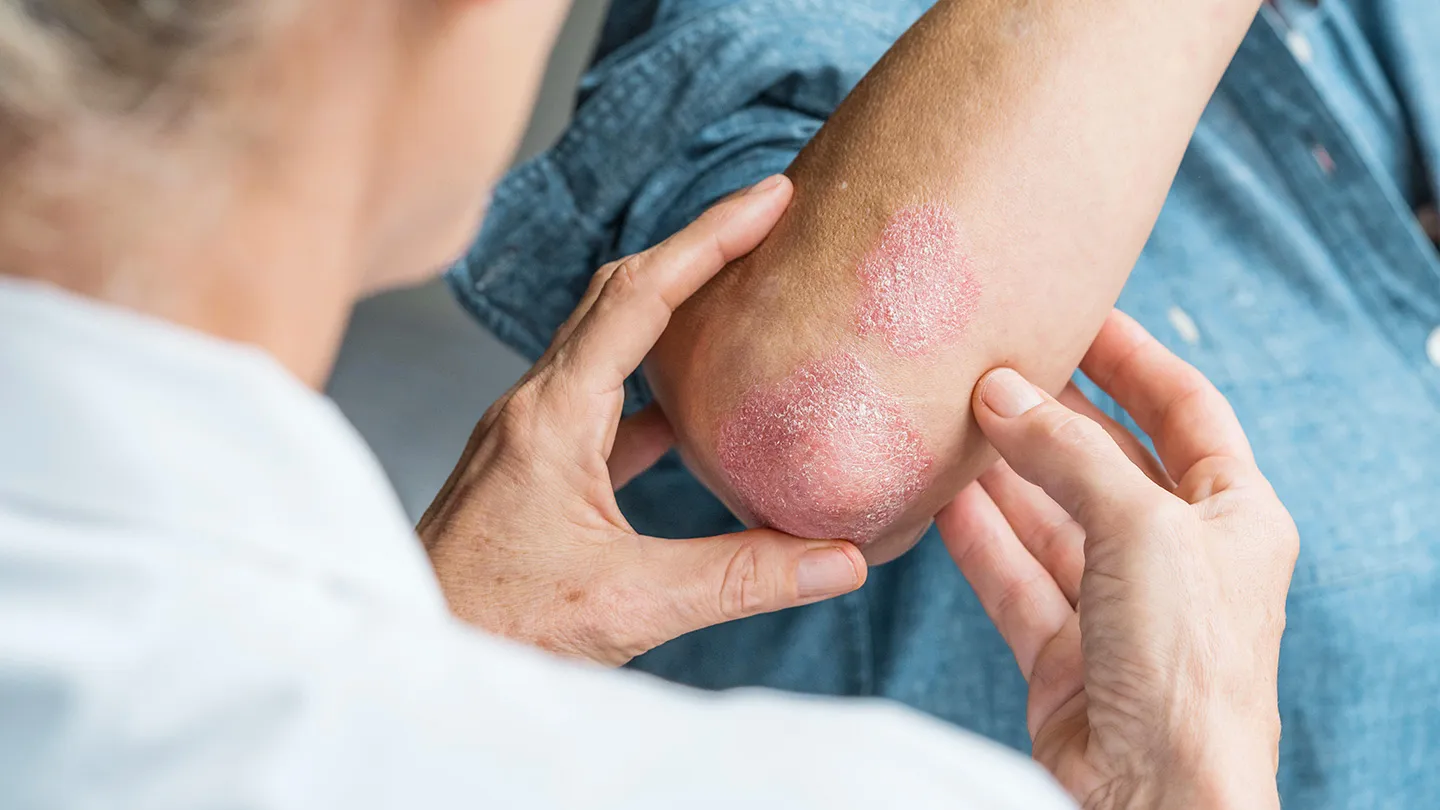What’s good for your overall health is also good for your bones. Here are four habits you can develop to help reduce your risk of osteoporosis.
1. Exercise Regularly
Exercise, “especially vigorous exercise that’s weight-bearing,” says Ritchlin, can put stress on your bones, which helps strengthen them. This, in turn, can help prevent bone loss.
- Walking, hiking, jogging, and running
- Dancing
- Playing tennis, basketball, soccer, and volleyball
- Climbing stairs
If you already have some bone loss, talk to your doctor about what you’re able to do. You may want to avoid high-impact exercises involving jumping or twisting. If you’re not able to be as active as you’d like, tell your doctor. They may refer you to a physical or occupational therapist who can help you modify certain exercises.
2. Incorporate Strength Training
3. Get Enough Vitamin D
It’s not clear whether getting more vitamin D helps protect your bones, says Ritchlin, but if you’re low (below 20 nanograms per milliliter), it’s a good idea to try and get more. Your doctor can check your vitamin D level with a blood test, says Dr. Hebert.
Vitamin D is called the Sunshine Vitamin because exposure to sunlight triggers your body to produce the vitamin. You can soak up vitamin D by spending about 10 minutes outdoors daily.
4. Ask Your Doctor if You Should Take Osteoporosis Medication
If you have psoriasis, you may already be taking medication to control the inflammation, which may help protect your bones. There are also medications that can help slow down bone loss.
“We’re very fortunate that now we have a number of medications that can help with bone strength,” says Hebert. Your dermatologist may not be the doctor to prescribe them, however. Still, she says, “we want to take care of the entire patient, even if we don’t manage every aspect of their care.” Your primary care doctor or a rheumatologist might be the person to prescribe osteoporosis medication.
Read the full article here




